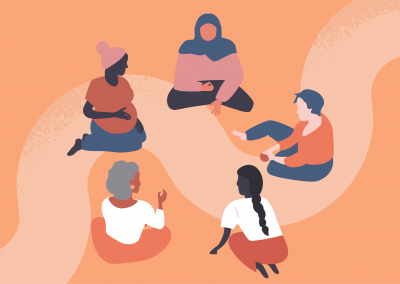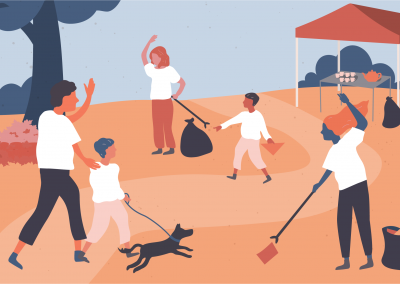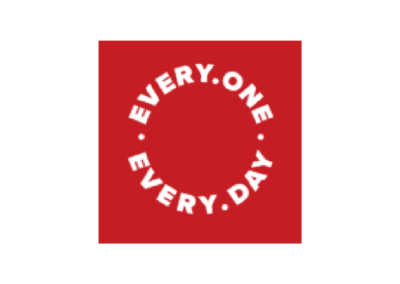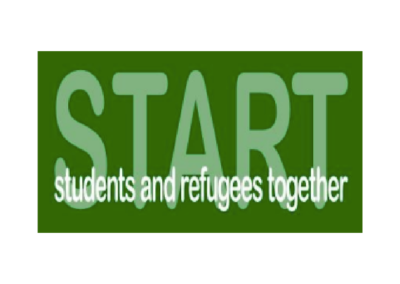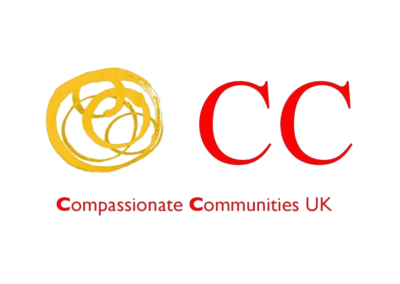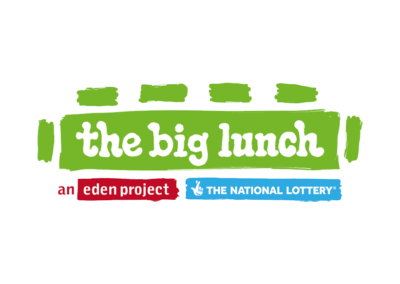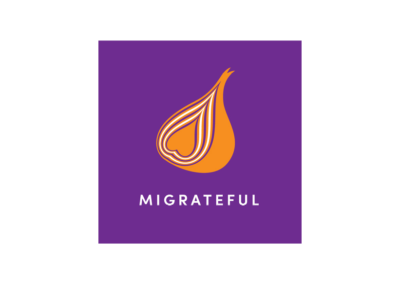Case study: Migrateful
Building Relationships Through Cooking to Help Refugees Thrive
Introducing Migrateful
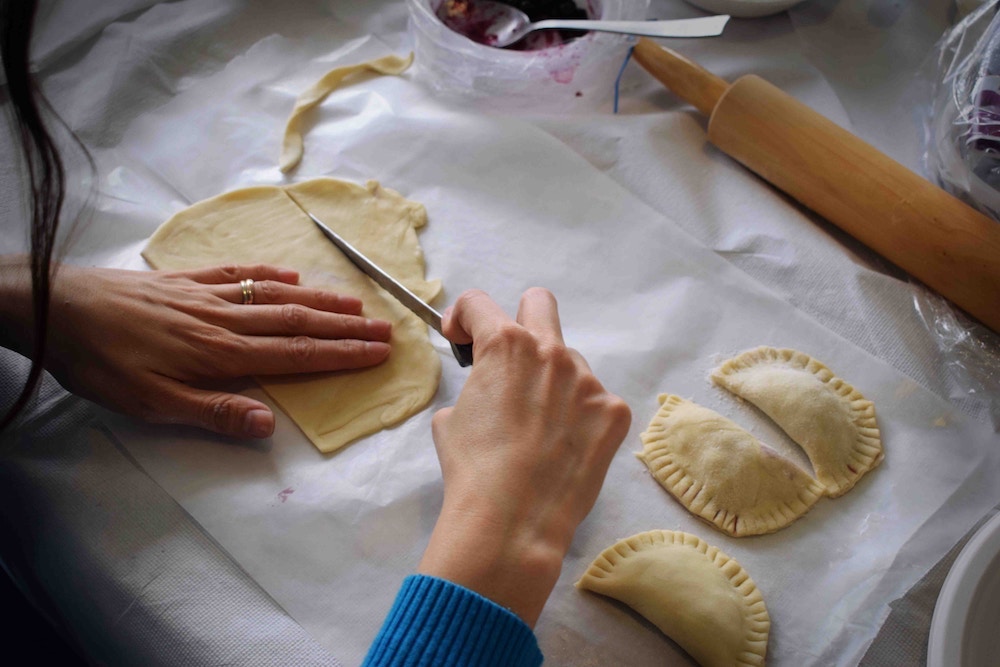
How does Migrateful work?
Migrateful trains chefs through weekly workshops, helping them evolve from passionate home cooks into confident cookery-class leaders. Sessions begin with English exercises, and chefs take turns leading classes for each other before sharing a meal, working as a group.
When chefs feel ready, they graduate to leading classes for paying customers.
Migrateful helps address a range of interlinked barriers refugees face in building a life in the UK:
- Learning English
- Securing employment
- Facing public perceptions of fear or distrust
- (Re)developing confidence and positive self-esteem
- Building supportive social networks
The relationships chefs develop with each other, customers and Migrateful as an organisation are critical to Migrateful’s impact.
What impact is Migrateful having?
Connections
Migrateful sessions provide a social network for chefs, which is particularly valued by those who have arrived in the UK alone. “Migrateful gives us the feeling of being part of a family, which we’ve been missing while living in the UK,” says one chef. This social connection grounds the rest of Migrateful’s impact.
Confidence
Leading sessions, speaking publicly, sharing skills and making new friends helps bolster refugees’ confidence and self-esteem, which is liable to be threatened amidst the uncertainty and hostility of forced migration. Many Migrateful chefs talk of the benefits of being given a platform to speak and be listened to. “Teaching my first Migrateful cookery class, I felt I was passing the love of my country to others,” says one chef.
Public perception
Research shows that contact with immigrants has a major positive impact on how people view immigration and immigrants. Migrateful helps realise this impact by bringing refugees together with other community members – 2,000 and counting.
Employment
50% of the 125,000 refugees living in the UK are unemployed, given the barriers outlined above. Migrateful classes gives refugees an income, and help develop time-keeping, organisational, culinary and food-hygiene skills to improve employability. Although full-time employment is not a realistic outcome for many Migrateful chefs, given legal restrictions and other barriers, some chefs have ‘graduated’ onto employment elsewhere.
Language skills
Interaction through Migrateful classes helps refugees improve their English skills.
What can we learn from Migrateful?
A few things that stand out to us about the way that Migrateful operates:
Good relationships are mutually beneficial and draw on the agency of both parties.
Refugees are disempowered in many ways. Migrateful shows that relationships founded on agency and trust are one route towards re-empowerment. It designs interactions that see refugees leading groups, teaching skills and sharing their stories. This agency is integral to a positive sense of self-identity. As one Migrateful chef explains: “It feels that in coming to this group we are not called a refugee or asylum seeker. We are called a person which means we get respect, love and care.’’
Different relationships have different benefits
Support mechanisms, such as training, can help people to overcome barriers in developing relationships
Want to know more?
What’s next for Migrateful?
Migrateful’s London programme continues to grow, but Migrateful is also expanding. The team is currently running a pilot programme in Kent, and is launching in Bristol in September.
Further reading
- Migrateful’s website outlines its mission, approach and impact. It also features powerful chefs’ stories.
- Migrateful features in a Financial Times profile of organisations around the world using cooking to support refugees


